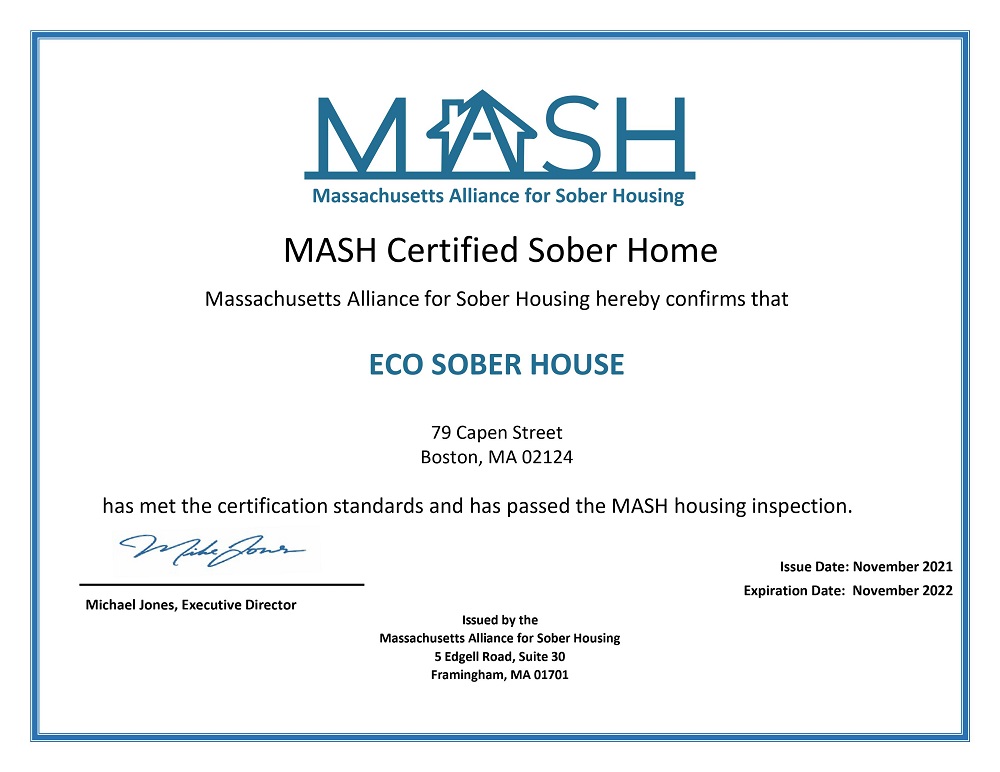We all become conditioned to have certain responses to triggers throughout our lives. It’s normal for certain stimuli to cause a reaction in your mind and body without even being aware of it. When you consider how to go about giving up alcohol, account for factors like how much you drink and your reasons for drinking. If you are concerned that you or someone you care about has a drinking problem there is help available. We’ve got lots of tips to help you cut back alone or with a partner.
Track Your Intake
- This leads to a dangerous condition called hyponatremia in which blood levels of sodium fall too low as too much water is taken.
- One of the challenging aspects of trying not to drink is being able to say “no” if a drink is offered.
- But drinking shouldn’t be the only coping strategy you turn to during tough times, according to Chiligiris and others.
- In the last few months every time I drink, I do it too much and do silly actions like wasting money, calling my ex or trying to seduce women who have not even come on to me.
Many people face this same struggle, and it’s important to talk about it without shame. Alcohol dependence is a brain disorder that is reinforced by repetition, biochemical imbalances, and stale subconscious beliefs about the necessity of alcohol. The good news is that all of these contributing factors can be addressed and resolved. Rebalancing your brain and body with natural supplementation is a great first step to reclaiming control over your life. Stopping is not impossible, but it’s very difficult for alcoholics to do so. After an alcoholic quits drinking, they may still lack the bells, buzzers, and whistles alarm system for many months, years, or even life.
Choosing an Alcohol Rehab Treatment Program
- Whether you’re sober curious, know for sure you’re ready to quit, or fall somewhere in between, Dr. Streem shares advice for how to stop drinking.
- Binge drinking causes significant health and safety risks.
- Watching a friend or family member struggle with a binge-drinking habit can be difficult, even heart-wrenching.
- While alcohol can temporarily alleviate anxiety and stress, it is not a long-term solution.
- The words “urge” and “craving” refer to a broad range of thoughts, physical sensations, or emotions that tempt you to drink, even though you have at least some desire not to.
Dopamine and positive reinforcement play a huge part in our decision-making and how we interact with the world around us. Positive reinforcement is essentially our brain’s way of giving us a mental high-five for doing something it deems satisfying or beneficial. Dopamine acts like a pat on the back, encouraging us to repeat those behaviors that make us feel good. Download my pep talk for a dose of inspiration to keep you on track tonight. No content on this site, regardless of date, should ever be used as a substitute for direct medical advice from your doctor or other qualified clinician.
Top tips to help you quit drinking
Some research even shows that the habit is increasing among older adults. One such study showed that hibiscus extract limits cell growth and reduces the invasiveness of mouth cancer. Other test tube studies show that hibiscus tea may help prevent the spread of skin cancer, prostate cancer, breast cancer, and stomach cancer cells. This does not mean that drinking hibiscus flower infusions will prevent you from getting cancer. The evidence is mixed on whether hibiscus tea can help with cholesterol levels, another risk factor for heart disease. A review of several recent studies found that hibiscus can lower LDL (“bad” cholesterol) levels when you drink it as a tea or take a capsule of hibiscus extract.
There’s no one-size-fits-all solution, but there are always steps you can take. Build Alcohol-Free DaysTry going a few days each week without alcohol. I know “moderate social drinkers” who can’t stop after “just one drink”. That’s why most alcoholics quit altogether, rather than try to become responsible drinkers. Some do develop these internal alarms and become responsible drinkers later on, but that’s a topic for another discussion.
Have a meal or at least a hearty snack before heading out to an event or night out, and continue to nosh while drinking. Drinking in moderation means you’ll likely need to turn down a drink now and again. Planning exactly how you’ll say no—in a quick, polite, and convincing way—can make it easier for you to stick with your convictions and avoid a spiral of uncomfortable excuses.
Taking a break from drinking can help,3,4,5 and can be an effective way of getting back on track to sticking to the UK low risk drinking guidelines. The more alcohol you regularly drink, the higher your tolerance will be – increasing your risk of becoming dependent. Learn more here about the development and quality assurance of healthdirect content. Drinkwise has produced a series of short videos to improve alcohol education among Aboriginal and why can’t i control my drinking Torres Strait Islander people.










